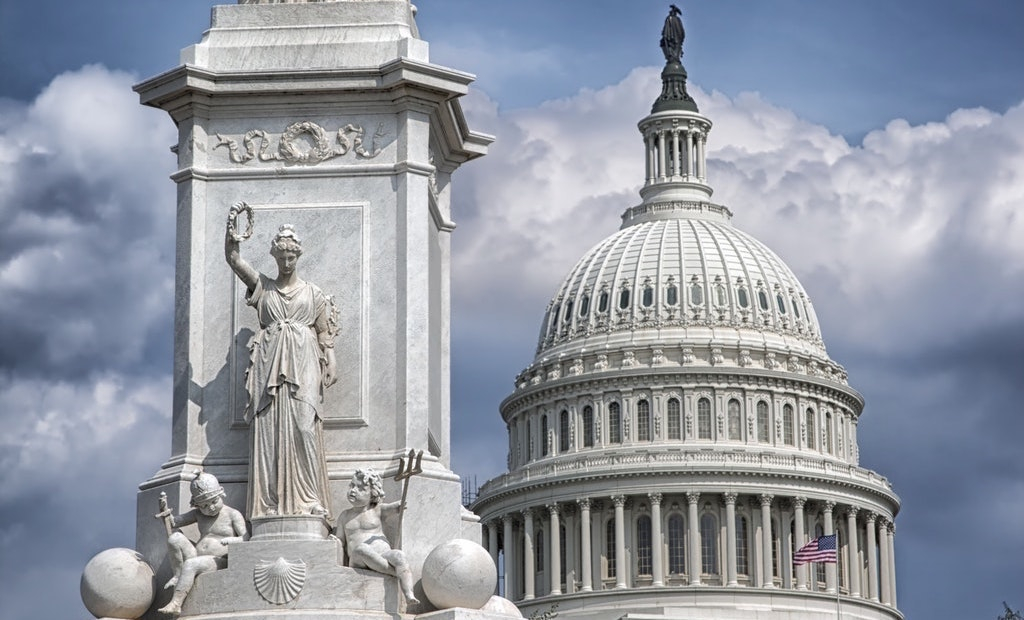Congress passes bill to avoid debt deadline

The US fiscal impasse has ended with the Senate agreeing a fiscal deal to raise the US debt ceiling on Wednesday evening with a vote of 81 to 18, followed by the House of Representatives voting 285 to 144.
The negotiations ended with a compromise that extends the debt ceiling – the US Treasury’s ability to borrow – till February 7th, allowing the US Government the ability to meet wage requirements until January 15th and extends the deadline for budget deficit negotiations till December 13th.
The US Government shutdown that started on October 1st has now ended and all Government employees have been stationed back at their posts receiving pay for their 16 day furlough.
Analysts believe that the measures taken in the deal only do so much as to postpone the crisis rather than do anything that would put measures in to solve it. The crisis now has a new series of deadlines: the budget talks in December that will deal with taxes and public spending in order to shift government spending to accommodate the debt the US holds.
President Obama has said, concerning the impasse: “It’s emboldened our competitors and it’s depressed our friends who look to us for steady leadership.” The impasse caused “completely unnecessary damage on our economy,” he added.
Larry Fink, the chief executive of Blackrock, the world’s largest asset manager, has spoken out, saying: “The fact the narrative in Washington is even about whether we extend our debt ceiling is just not acceptable. If you are a debtor nation your job is to make sure your creditors like you.”
“Even with a deal to avoid a default, the damage has been done and the result will be a slowdown in economic growth,” he continued.
Standard & Poor’s has officially stated: “The shutdown has shaved at least 0.6 per cent off of annualised fourth-quarter 2013 GDP growth, or taken $24bn out of the economy.”
President Obama said shortly afterwards: “Hopefully next time it won’t be in the eleventh hour. We’ve got to get out of the habit of governing by crisis.”
However, with the Republicans default standing being opposition, rather than representation, it wouldn’t seem at all probable that the world is staring at the Whitehouse again come December when Congress meets again to negotiate their terms.
Patrick Corby



















Facebook
Twitter
Instagram
YouTube
RSS